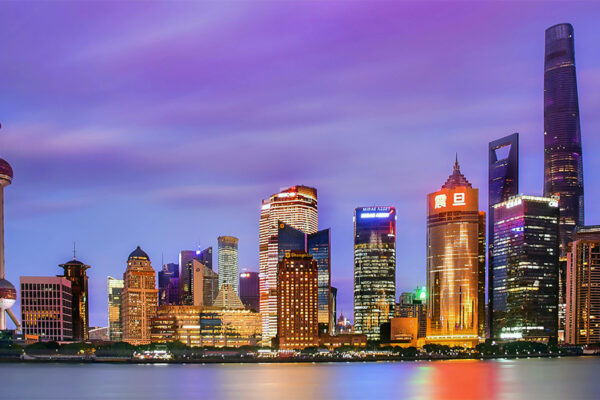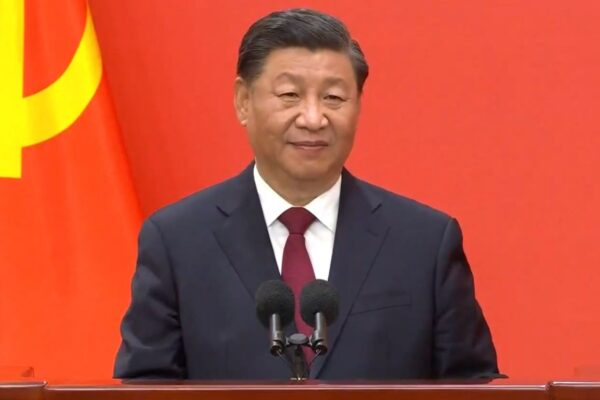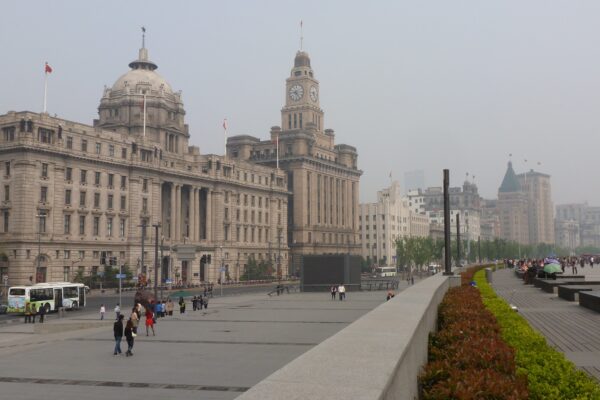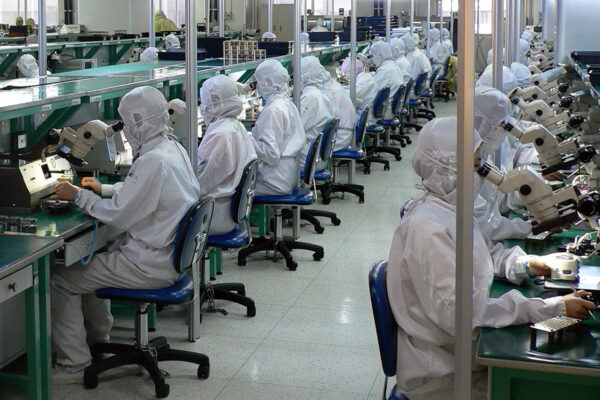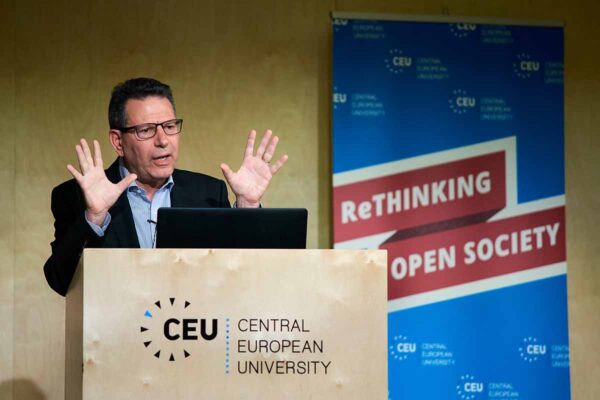Expanding the Legacy
Tag: China
A New Axis of Evil Arises to Fight Aimless Wars
If it’s not Ukraine, it’s Gaza or Lebanon. Thankfully, little rocket man is keeping quiet and China, at least for now, seems content to limit its threats to Taiwan to lowkey utterances of displeasure. Every week or so, there is disconcerting news on major belligerence unfolding somewhere: Russia creeping up in the Donbas; Ukraine advancing into Kursk Oblast, or Israel preparing for a ground war against Hizbollah. Poor secretary of state Antony Blinken. He shuttles all over to douse fires, cool down hotheads, warn foes, and manage recalcitrant allies - without much to show for it.
The Parallel Universe that Threatens China
Once-upon-a-time it was believed that the prosperity generated by an economy was linked to the measure of freedom a society enjoyed. The belief held that liberal free societies would enjoy a greater growth in prosperity than those ruled by authoritarians. Then China came along and proved all that wrong: growth and affluence could be delivered by a totalitarian regime - and in spades.
The Mingling of Politics and Business
What goes up doesn’t necessarily have to come down. A case in point: China. The last time the country’s GDP contracted was in 1976 (-1.57%) – the year both Mao Zedong and Zhou Enlai passed away, the Cultural Revolution collapsed with the denunciation and purge of the Gang of Four,...
Searching in Vain for a Dollar Alternative
The seizure of Russia’s dollar reserves, part of the first wave of sanctions decreed in response to Moscow’s ‘special military operation’ in Ukraine, has a growing legion of pundits wondering if the time has come to look for a new global reserve currency. Some of the more outrageous suggestions suggest a fresh look at China’s renminbi and a renewed appreciation of bitcoin.
Russia Banished to Margin of Global Affairs
The Russia of President Vladimir Putin is becoming more isolated by the day as outpourings of indignation reach a fever pitch over the apparently indiscriminate bombing of Ukrainian cities and towns.
The Fallacy of ‘Chinese Characteristics’
Amongst political philosophers, it has of late become fashionable to hail China as a model of effective governance. The country’s rapid development – according to the World Bank the fastest sustained growth of a major economy ever in world history – seems to imply that it has found an alternative,...
Pursuing Hegemony, China Plays the Victim
It is barely a secret that the ruling caste of present-day China seeks to return the country to its former magnificence, lost during the ‘Century of Humiliation’ (1839-1949). This was when Japan and the great western powers unceremoniously carved up the Middle Kingdom. Such a broad policy objective is eminently...
Chapter 22: Raining on China’s Parade
Tuesday, April 14, 2020 – Sensing a unique opportunity to take a shortcut to the global top spot, China is putting in a sustained effort to turn tragedy into triumph and expand its standing and reach in the wake of the pandemic. The Chinese government is pretty pleased with its...
The Semiconductor Challenge: China Plays Catch Up with the West
The current plight of tech giant Huawei is indicative of the troubles large Chinese corporates may experience as they seek to augment their footprint and become global players. The poster boy of China’s technological prowess, Huawei Technologies’ corporate growth mirrored the country’s economic ascendancy: the Shenzhen-based company quintupled its revenue in barely ten years to around $90 billion (2017). Since mid-last year, Huawei churns out more smartphones than Apple. The company is expected to overtake Samsung in the next twelve months, becoming the world’s largest manufacturer of handsets.
The Sage of US Foreign Policy Has More to Say
To the minders of the literary establishment, he peddles ‘boneheaded nonsense’ (David Rieff in The New Republic) or takes ‘intellectual shortcuts’ (David Lipsky in the New York Times Review of Books), yet Robert D Kaplan remains one of the most-widely read commentators of present times. His often polarising work – dismissed as ‘cheap pessimism’ by most in academia – has been mandatory reading for US foreign policy mandarins of Republican and Democrat administrations alike. Mr Kaplan (66) attained sage-like status for predicting and documenting the rise of religious fundamentalism in Central Asia and for warning about its capacity to redefine warfare, long before the clash of civilisations became a global concern somewhere in 1996.
Just Released

Africa AI Brazil Business Chile China Climate Corona Davos Debt Development Diplomacy Donald Trump Economy Elections Energy EU Europe Federal Reserve Finance France Germany HiFi History IMF Kamala Harris Military Monetary policy NATO Philosophy Politics Putin Russia Schwab Society South Africa Technology Trade Trump UK Ukraine UN US War WEF

